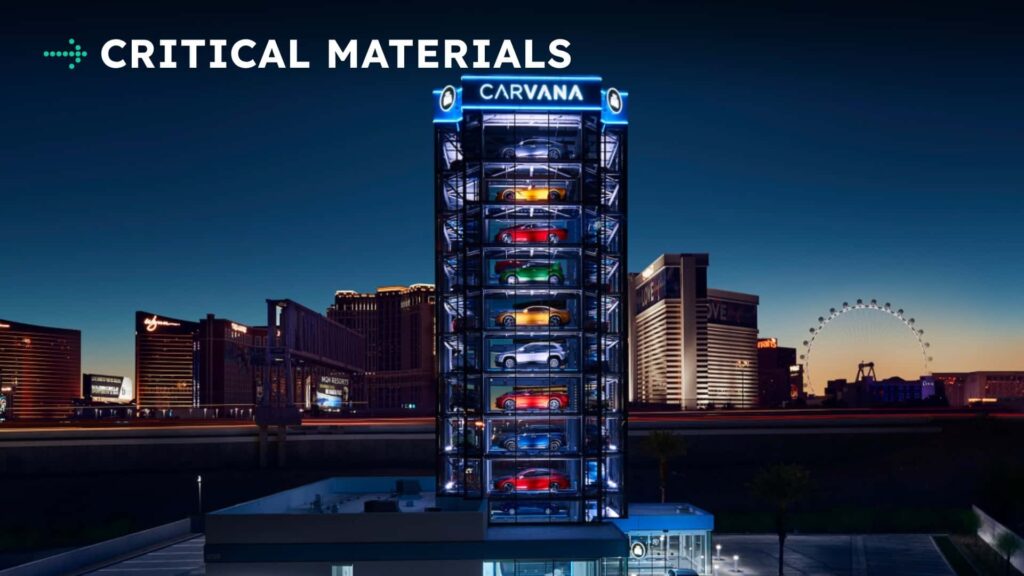Car dealers in America have been facing challenges when it comes to embracing the shift towards electric vehicles. While some dealers have embraced the EV revolution by installing chargers, educating themselves on EVs, and promoting them to customers, many others have resisted these changes. They have been slow to adopt EVs, dissuading customers from going electric, and lacking the necessary education to sell these cars effectively.
However, the stakes have been raised with the potential loss of EV tax credits, which could impact the bottom line of car dealers. In response, more than a dozen car dealers are urging lawmakers in Washington D.C. to consider the implications of the Senate’s proposed spending bill on EV affordability and progress.
The recent developments in the EV industry have sparked concerns among car dealers, including major networks like Carmax and Carvana. They have written an open letter to the Senate, advocating for the preservation of key EV-related tax credits. These credits, such as the credit for previously-owned clean vehicles, alternative fuel vehicle refueling property credit, and clean vehicle credit, are crucial for supporting the adoption of EVs.
The letter highlights the importance of maintaining a stable and consistent market for dealerships to plan, invest, and grow. Abrupt changes to the tax credits could introduce uncertainty and deter investment, impacting both dealerships and consumers. The dealers also emphasize the need for a gradual sunset of the EV-related rebates to ensure market stability and support the transition to cleaner vehicles.
In other industry news, Tesla’s vice president of manufacturing and operations, Omead Afshar, has left the company. Afshar, known as Elon Musk’s “fixer,” played a significant role in various Tesla projects, including the Gigafactory in Texas. His departure comes amidst challenges faced by Tesla, including declining sales and brand image.
Additionally, Rivian has announced layoffs affecting its manufacturing teams, as part of efforts to improve operational efficiency for its upcoming R2 mid-size SUV. Rivian aims to make EVs more accessible with the R2, following the success of its luxury electric truck and SUV models.
Despite these challenges, there is hope on the horizon with affordable EV models in the pipeline, expansion of the charging network, and advancements in battery technology. The EV industry is navigating through a period of change, and it remains to be seen whether the recent developments signify a temporary setback or a more prolonged slowdown. Share your thoughts on the industry’s current state and the future outlook in the comments section.

